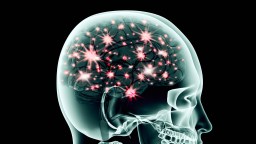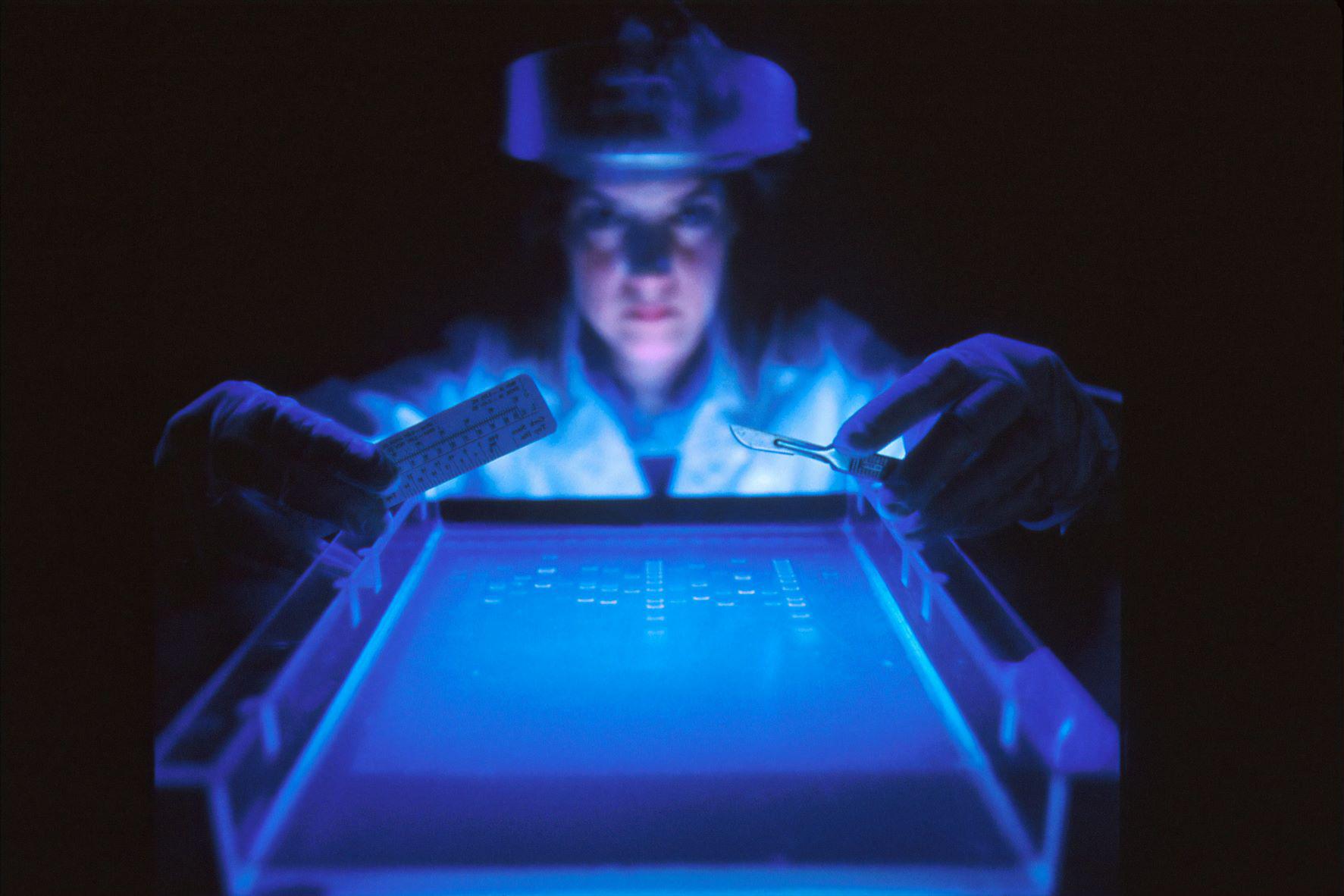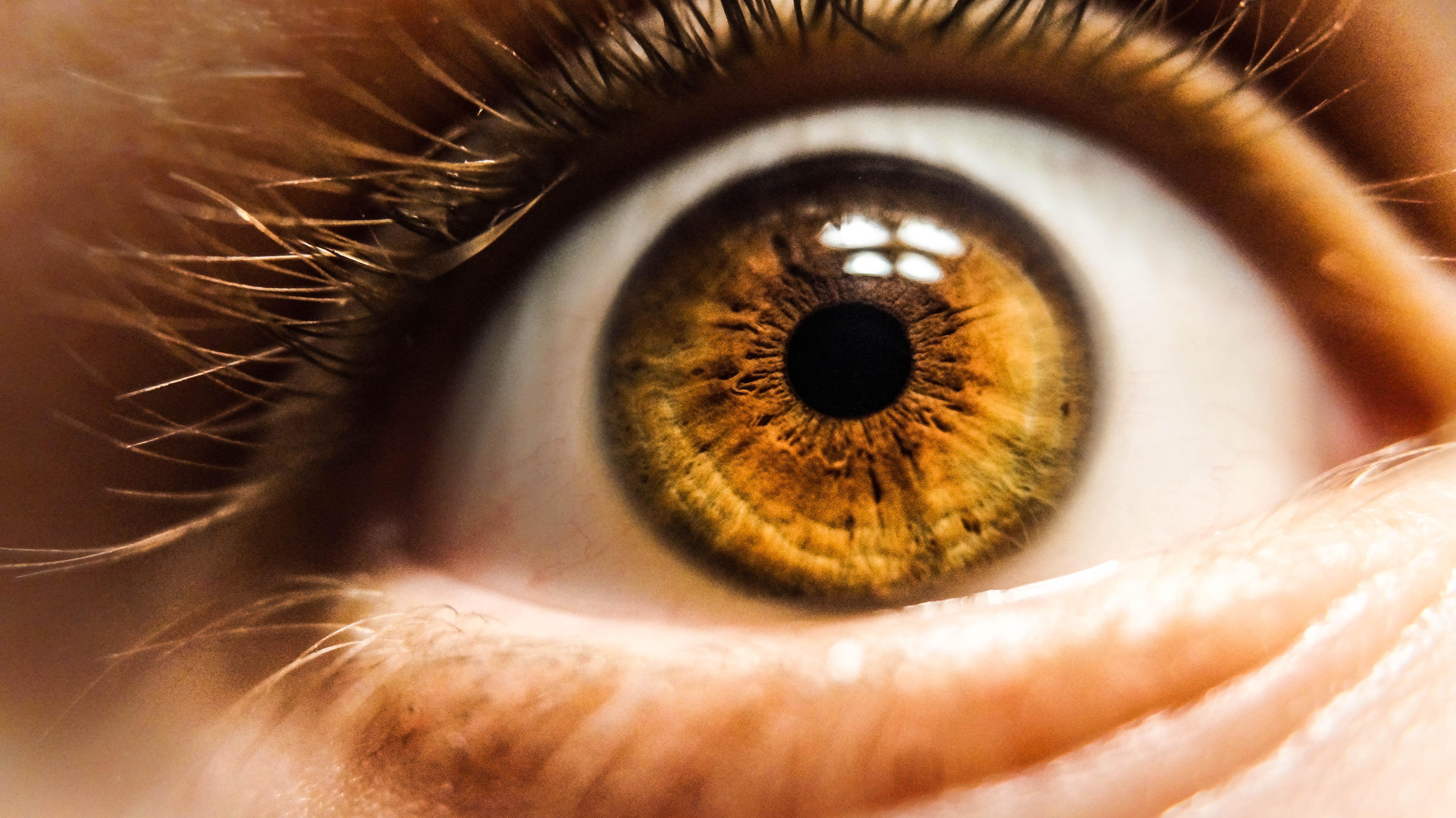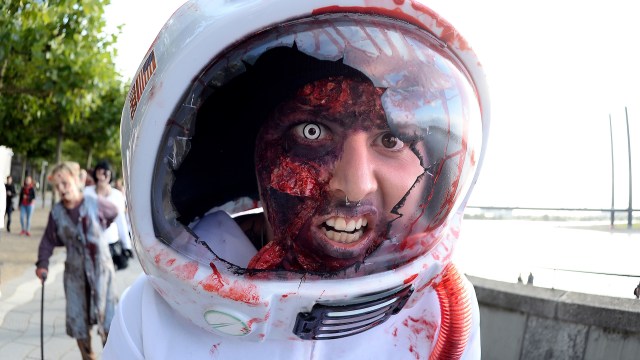Researchers Enhance Human Memory with Electrical Stimulation
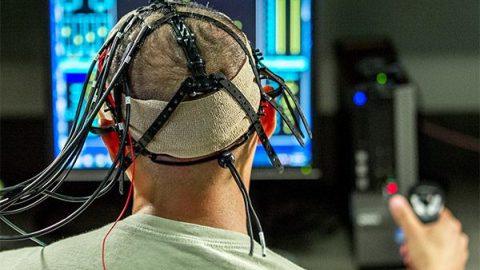
How good is your memory? It usually varies from person to person. This much is easily recognizable. But did you know that the sharpness of your memory can vary from one day to the next? Those who have had a stroke or a traumatic brain injury (TBI), often face memory impairment. They have limited options to overcome the problem and it hampers their quality of life significantly. 270,000 veterans and active military personnel are living with TBI, currently.
Researchers from the University of Pennsylvania have just published a landmark study that could lead to a novel treatment option for memory impairment. It involves tiny electrical impulses delivered directly to certain parts of the brain at the proper time. The study was published in the journal Current Biology. The director of the computational memory lab at UPenn Michael Kahana, led the project. Twenty collaborators from other universities across the country also chipped in.
Professor Kahana and colleagues selected 150 participants. Each had severe epilepsy and electrodes implanted into their brains. This allowed them to undergo what is known as closed-loop cognitive stimulation. The system can monitor the brain, and deliver electrical stimulation to specific targeted areas.

Electrodes hooked up to a participant’s brain. Airman Magazine.
In the first leg of the experiment, volunteers were made to memorize all the items on a list, while researchers recorded their brainwaves. An AI algorithm was then given their brainwave data and studied it. With this method, researchers were able to predict which participants could correctly recall the items on the list, based on how their brain operated at the time of memorization. Next, they practiced delivering an electrical jolt at different times, to see if it would affect participants’ memories in any way.
The scientists discovered the exact pattern of neuronal firings that occurs when someone successfully stores information into their short-term memory. The results of electrical stimulation varied. On a good day, it would degrade recall, but on a bad day, it improved it. Stimulation degraded memory by 15-20% on bad days, but improved it 12-13% on good ones.
The most impressive find was that they established the precise time to deliver an electric shock in order to enhance memory. When performed correctly, participants demonstrated an up to 50% improvement in recall. “We found that jostling the system when it’s in a low-functioning state can jump it to a high-functioning one,” Prof. Kahana said. The Defense Advanced Research Projects Agency (DARPA), funded the study, to the tune of $77 million. This was as an effort to assist the most recent wave of returned veterans suffering from TBI.

An FDA approved device for depression. Someday one may be available for memory. Getty Images.
So how does it work? The extra zap may act as a booster, helping to improve the encoding of new memories. These findings give neuroscientists a blueprint to check functional areas of memory from moment to moment, and deliver a jolt at the very microsecond when it’s most beneficial.
Now, Kahana and his colleagues are working on a rig that can accurately boost memory. He said, “You could build a technology that could trigger stimulation at moments when you’re predicted to have poor memory, thus enhancing memory of an individual wearing such a device.” Previous implants have shown conflicting results. This study emphasizes the need for proper timing.
Prof. Kahana believes it will do for the mentally impaired what prosthetics have done for the physically challenged. The process is heading toward what The New York Times called a “’Pacemaker’ for the Brain.” Yet, Kahana admits he and his team still have quite a ways to go. In the future, a brain stimulation device could help those who have suffered a stroke, TBI, Parkinson’s, dementia, Alzheimer’s, and more.
Today, two million Americans are affected by Alzheimer’s, with many more to be added to their ranks in coming years. One limitation to the study is that it was performed with people with epilepsy, which means the same results may not occur with normal brains. But it is likely to do so, and future research outcomes will determine whether or not this is the case.
To learn more about electrical neural stimulation, click here:
